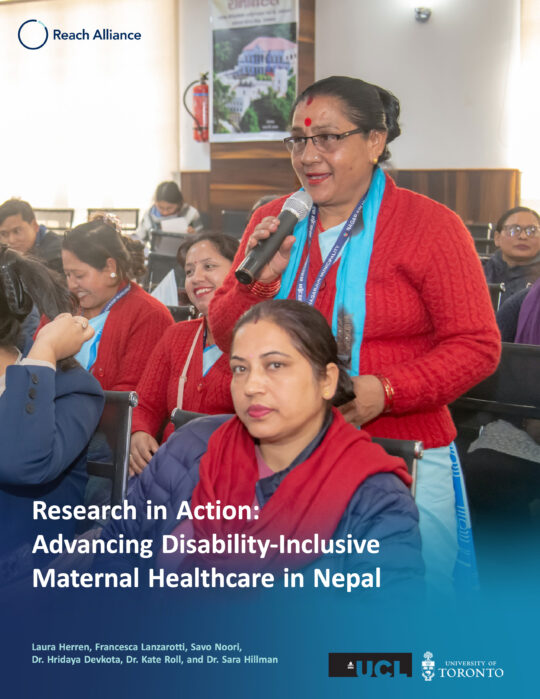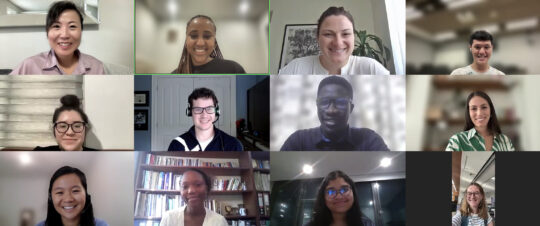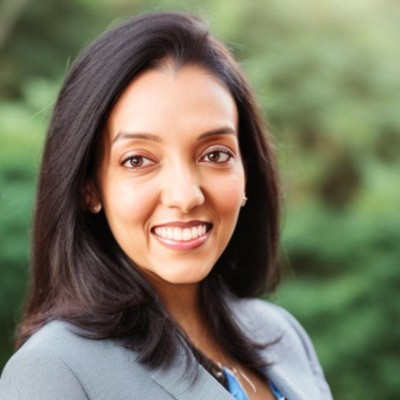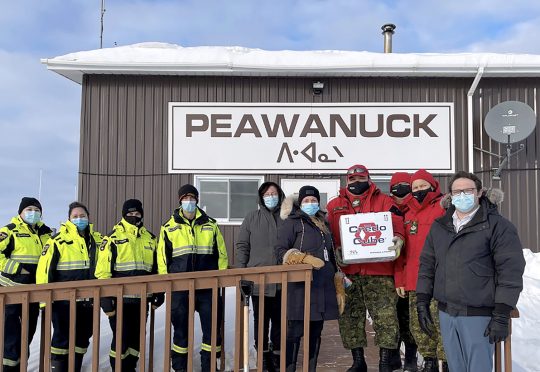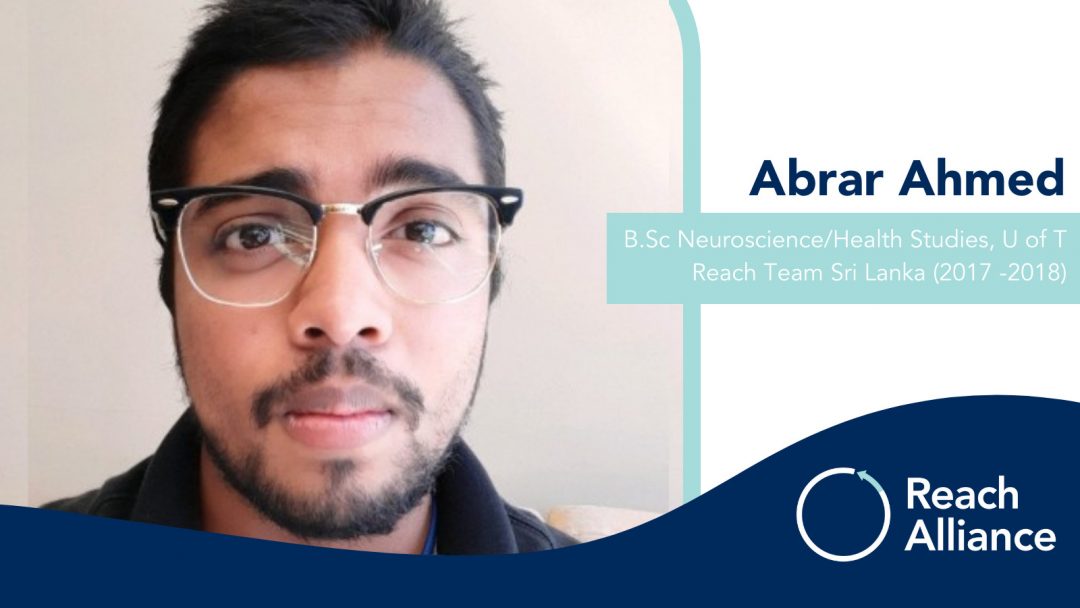
Meet Abrar Ahmed (B.Sc’ 20) from Team Sri Lanka Universal Malaria Elimination Program
You recently started your Doctor of Medicine (MD) at the Schulich School of Medicine. Can you tell us more about that?
I decided to pursue the MD program because I have had an interest in healthcare since high school. It allowed the greatest intersection for my different interests, including medicine, basic sciences, writing, social sciences, art, health policy and advocacy. And so far, medical school has not disappointed. With each week comes a brand-new lesson to learn, and I absolutely love it. I am most excited about working with patients and getting to learn about anatomy. Currently, I am interested in becoming a surgeon-scientist as well as a writer.
Can you tell us about an exciting project or initiative [whether at work or school] that you are currently working on now?
I am currently working on co-authoring a peer review article with Reach Team Sri Lanka on our investigation into how the country was able to eliminate malaria amid a civil war. I am also working on starting a patient education group at the Schulich School of Medicine.
How did your experience in Reach inform your career path [e.g., your case study focused on a Universal Malaria Elimination Program – how (if at all) did this impact you seeking an opportunity after graduating]?
I had two medical students on my team who are now doctors, Dr. Mariam Naguib and Dr. Kara Hounsell. They once told me, “Medicine is a toolbox. The skills and knowledge you gain in medicine can allow you to work no matter where you are in the world. What differs is how you use the knowledge.” And this is where Reach comes in. I want to use medicine to improve access to care, treatment and technology for the most vulnerable populations. There is a lot I need to learn to accomplish that goal, but I am excited to get started!
What takeaways or skills [personal or professional] did you gain from your Reach experience that you are applying to your work or study?
I learned how to conduct sensitive interviews. Our work required us to talk to people who had survived a civil war. My team was asking about a dark time in Sri Lankan history. As much as our interviewees were malaria experts, they were also witnesses to a major conflict and were wary of speaking to foreigners. Establishing that trust with our interviewees allowed them to be comfortable in sharing their experiences with us. This experience will help me in medicine. Establishing rapport with patients is essential to ensuring they feel comfortable sharing sensitive information about their conditions with me.
What is your fondest memory from your experience in Reach?
The mentorship. I met so many wonderful people during my time as a researcher. Many of the researchers and advisors were involved in fields that I wanted to be a part of as well, and just working with them each week allowed me to learn.
What advice would you give to researchers who have just been assigned to their case study team and are starting the desk review process?
Ask questions. No matter how strange the question, or how wild the thought, ask the question. Ask the question to your mentors and to your peers. You never know, it may be a fantastic idea for an interview question that can alter your research.
What advice or words of encouragement would you give to someone who is interested in applying to the Reach initiative?
Just apply. I know the application process might seem intimidating, but the great thing about sustainable development initiatives and The Reach Initiative as a whole is that everyone’s opinion matters. A different educational background or a different life experience just means you have a different perspective to share regarding a social issue that affects a large number of people.
